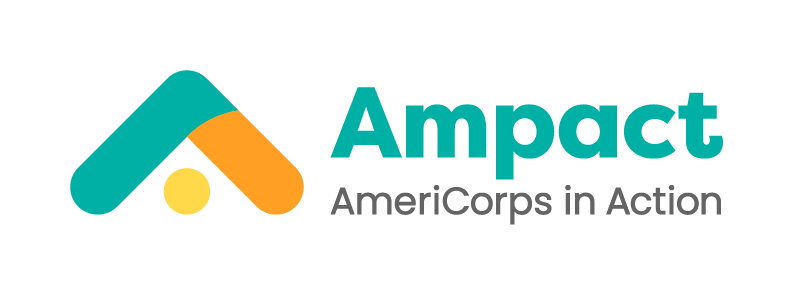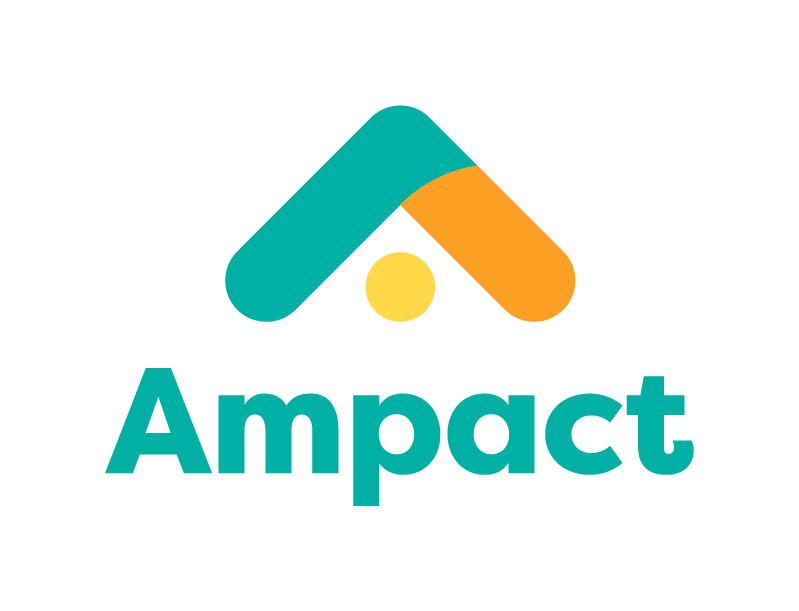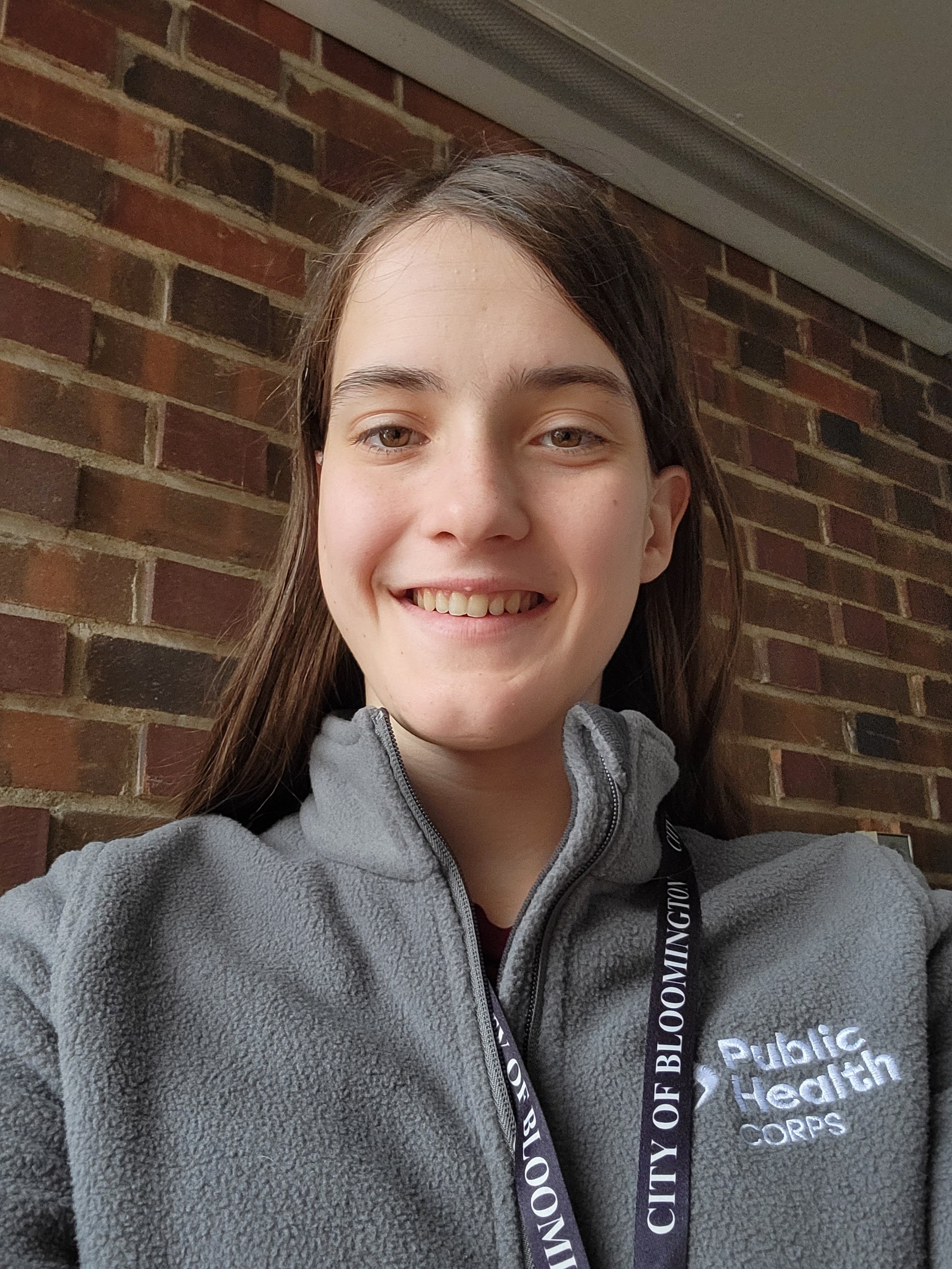Service Provides a Bridge to Graduate School and Future Career
About Minnesota Public Health Corps
Minnesota Public Health Corps is new program administered by Ampact. The program is funded through Public Health AmeriCorps — a new partnership between AmeriCorps and Centers for Disease Control and Prevention (CDC).
The Minnesota program also partners with the University of Minnesota to provide training and personalized career development for Public Health Corps members. Visit ampact.us/public-health to learn more.
Higher education is a big investment. On average, students who complete their master’s degree graduate with about $80,000 in student loans. Service with AmeriCorps offers an incredible opportunity to gain experience and makes college more affordable. Public Health Project Coordinator Addie is using her service to solidify her plans to pursue a graduate degree in the field.
Addie graduated last spring with a bachelor's degree in anthropology. Currently in her gap year before graduate school, she’s serving in Minnesota Public Health Corps to make sure her graduate studies are exactly what she wants to pursue.
Having originally started in pre-med, Addie realized her passion for public health would be better suited to her background in anthropology. On track to start a graduate degree in maternal and child health next fall, Minnesota Public Health Corps was the perfect opportunity for her to test out the field. “I wanted to make sure that I would find it fulfilling,” she says. “Service has been helpful to give me the understanding of, ‘yes, I could see myself doing this.’”
As part of Public Health AmeriCorps, members like Addie serve as Public Health Project Coordinators at health departments and nonprofit organizations across the state. While supporting community engagement, data collection and sustained COVID-19 response/recovery, members gain hands-on experience and receive training, career coaching and support from public health experts.
As a Public Health Project Coordinator, Addy is enjoying a variety of duties. In her first few months she’s supported COVID-19 response, health equity education, opioid epidemic research, staff interviews, and a local mural memorializing the effects of COVID-19.
A flu shot clinic at a local apartment complex was especially impactful. “Considering how many of the people living there were elderly, it was inspiring to help this high-priority group get access to vital preventative care,” she explains. “It was a way to give back in a real way. Public health is population-wide, but there are still some opportunities to get close and see the people we’re helping.”
As we’ve seen throughout the COVID-19 pandemic, healthcare professionals continuously discover new findings and innovations. A graduate degree only increases the qualification and knowledge to make decisions in the field that will create the most positive impact on communities. Combined with her practical experience serving in Public Health Corps, Addie is sure to launch a career in the public health field!


